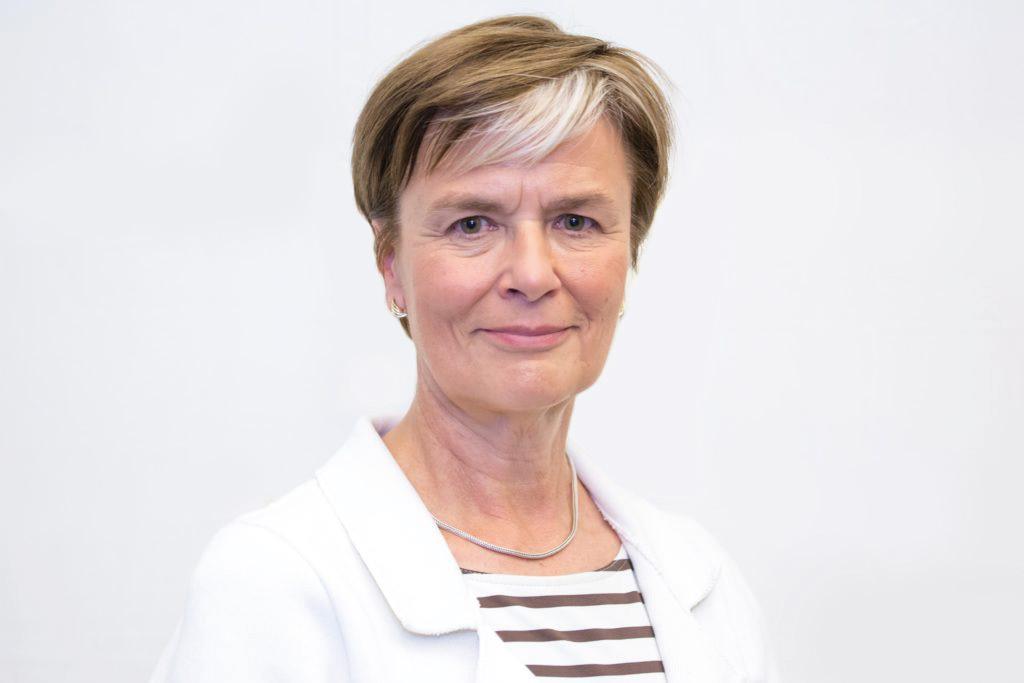
1 minute read
Chairperson's Message
Period of change
The Human Rights Committee has had the privilege of working under the leadership of two fantastic individuals, former president of the committee Markus Löning and our former Human Rights Officer Tamara Dancheva.
Advertisement
Tamara has done so much to build up our programme and her commitment to us continued even after she formally left the office, when she produced the useful material on inclusion in political parties.
We will also miss Markus Löning’s huge experience in the field of human rights, his deep conviction in the pursuit of societies where human rights are respected and upheld. We wish both of them success in all their future endeavours.
I also wish to thank all previous and present members of the committee for their engagement in the work of the committee, and to welcome our new Human Rights Officer Mikaela Hellman.
A smart use of our limited resources
The variety of issues that should be attended is sometimes overwhelming as the liberal world order including human rights are under threat.
Our response as liberals must be to working together around the world, across borders. What we do in one country has consequences in others. As an example: Lack of attention to human rights in countries otherwise attentive to human rights will soon be used as an excuse in authoritarian countries - as has been seen with otherwise well-intended ways of combatting so-called fake news. Restrictions of human rights are in many cases one of the indicators that conflicts will erupt, having a lot of implications for the world order, creating instability, and displacing persons.
In this spirit, the committee tries to be as useful as possible for our membership, with the very limited resources at our disposal. Therefore, we are very grateful to the member parties that help us in the work with resources, including in kind.
New questions merit our attention all the time, and that is why one of the priorities of 2020 will continue to be digitalisation with its different implications for human rights.









